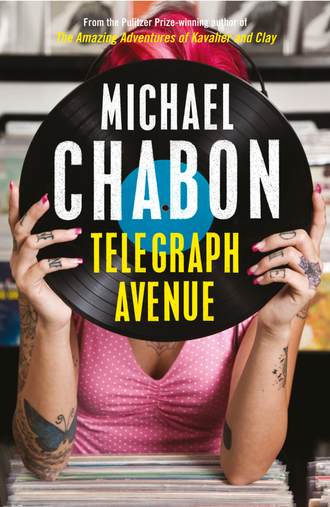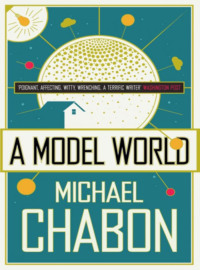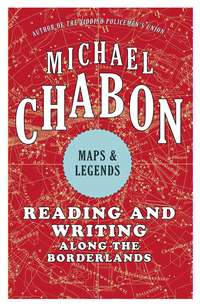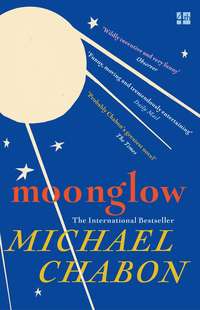Telegraph Avenue

Полная версия
Telegraph Avenue
Жанр: приключениязарубежные приключениясовременная зарубежная литератураклассическая прозакниги о приключениях
Язык: Английский
Год издания: 2018
Добавлена:
Настройки чтения
Размер шрифта
Высота строк
Поля
Конец ознакомительного фрагмента
Купить и скачать всю книгу






